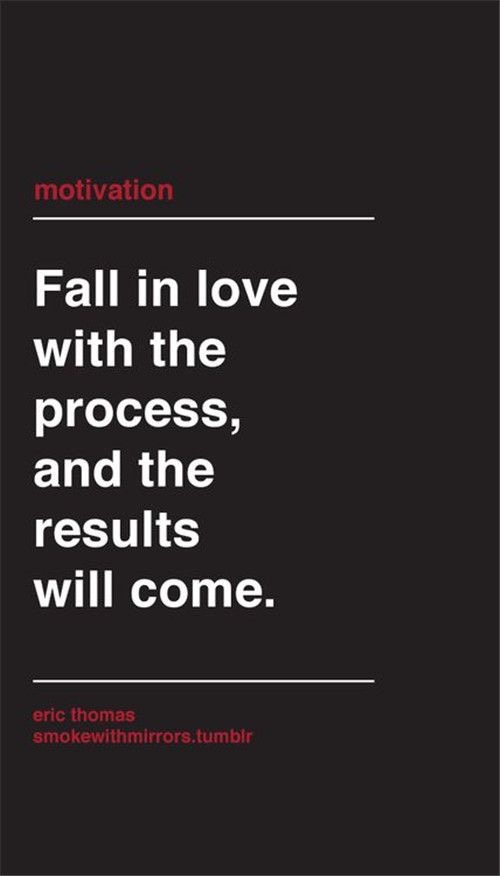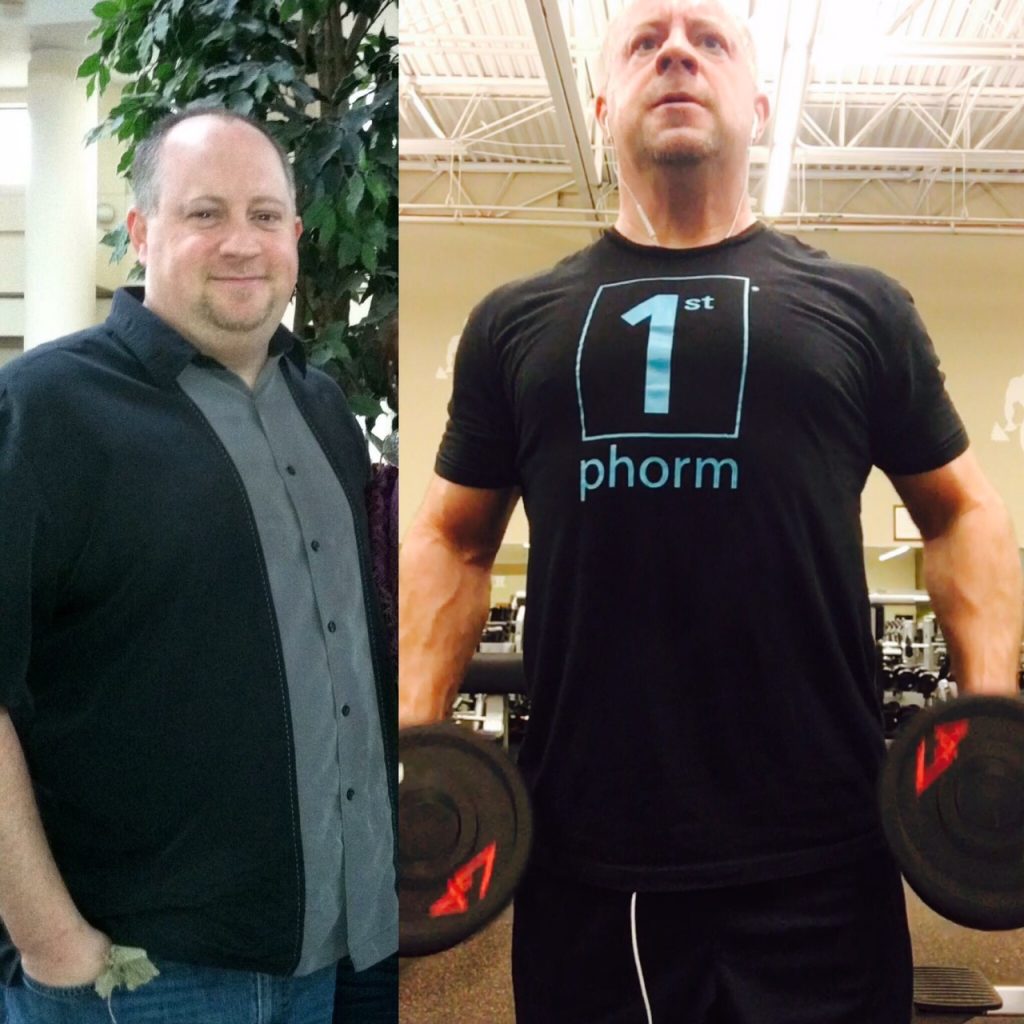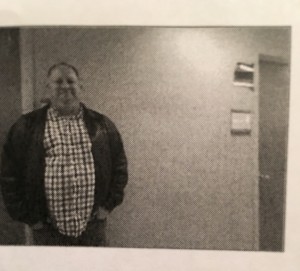If you woke up today and are reading this then there’s a good chance that something happened OR will happen that you didn’t see coming. Your car breaks down, you trip on the stairs and twist your ankle, your computer crashes, your child is sick, you didn’t get the promotion, etc…The point is “LIFE” is going to happen, the stress of those situations is going to come crashing in and you have two options in how you respond and how you let it affect you and your health.
Option One: Let Stress Get The Best of You
Consider these facts as reported by WebMD
- Forty-three percent of all adults suffer adverse health effects from stress.
- Seventy-five percent to 90% of all doctor’s office visits are for stress-related ailments and complaints.
- Stress can play a part in problems such as headaches, high blood pressure, heart problems, diabetes, skin conditions, asthma, arthritis, depression, and anxiety.
- The Occupational Safety and Health Administration (OSHA) declared stress a hazard of the workplace. Stress costs American industry more than $300 billion annually.
- The lifetime prevalence of an emotional disorder is more than 50%, often due to chronic, untreated stress reactions.
Before I got serious about my health I was experiencing each of these to some extent. When I encountered stress my immediate reaction was – FOOD. Even today, as in just a few hours ago of writing this blog post, I faced a big serving of stress and I immediately felt the desire to go hunting for something to eat.
Option Two: Conquer Stress and Win
Stress definitely has it’s roots in the mind and there are a number of mental tools to deal with that side of stress. But, one thing I have found that help keep stress in it’s place is the dreaded E-word; EXERCISE. And yes, I get it and have been there – nobody wants to talk about it or do it but if you are going to conquer stress it’s going to take work. There will be a level of discomfort involved.
Exercise
My personal experience with exercise and the positive impact it has had on my ability to deal with stress has been incredible. Over the last eighteen months I have experienced a physical change in my brain, no just my mind and emotions. If I miss working out for more than two days I start to feel the effects in my brain. I will begin to feel slower in my ability to process things and will lose my mental edge.
The American Psychology Association reports the following:
Biologically, exercise seems to give the body a chance to practice dealing with stress. It forces the body’s physiological systems — all of which are involved in the stress response — to communicate much more closely than usual: The cardiovascular system communicates with the renal system, which communicates with the muscular system. And all of these are controlled by the central and sympathetic nervous systems, which also must communicate with each other. This workout of the body’s communication system may be the true value of exercise; the more sedentary we get, the less efficient our bodies in responding to stress.
How I Started Exercising
I love challenges. Over the past three years I’ve competed in several different health challenges. Even as I’m writing this post I am finishing a year long challenge sponsored by 1st Phorm supplements called My Transphormation Starts Today. But I love the competition and being in the trenches with a group of other people pushing towards a shared goal.
Through my challenges I have learned a number of things.
First, I’ve learned NOT to set unrealistic goals. If you haven’t exercised in quite a while don’t expect to run three miles within ten minutes your first time out. Don’t expect to lift like Arnold your first time slinging the barbells. Set your expectations high enough that you are going to need to sweat and work hard, but not high enough that you become discouraged fifteen minutes into your first workout.
Second, you need to be consistent. I started exercising three times a week and doing 30 minutes on the elliptical machine. Over the course of the first six months I worked up to three times a week at sixty minutes per session. But, by the end of my first year I was hitting the gym five times a week and doing a variety of cardio and core exercises. During the second and third year of my health journ ey I began to lift weights in addition to my cardio. But the key was staying consistent and committed to working out.
ey I began to lift weights in addition to my cardio. But the key was staying consistent and committed to working out.
Third, trust the process. Eric Thomas says you have to fall in love with the process. And when you fall in love with the process the results will come. You have to take a long term outlook with your health. If you are looking for a quick fix and not a lifelong change then give it up now. You will need patience and when things are tough and you aren’t seeing a lot of change you will have to trust the process and know that your persistence will bring the results.
Life is always going to happen but in the midst of it you have to stay committed to your goals, remain consistent and trust the process. Don’t give into the temptation of justifying poor choices just because “life happens”. Push back against “life” and run towards the prize of a healthy and productive life.



 During year one I started to make small changes in my health. I participated in a weight loss challenge and placed in the top 20 of almost 1000 participants. This challenge was a catalyst for me and as the year continued I made several small changes that added up.
During year one I started to make small changes in my health. I participated in a weight loss challenge and placed in the top 20 of almost 1000 participants. This challenge was a catalyst for me and as the year continued I made several small changes that added up.